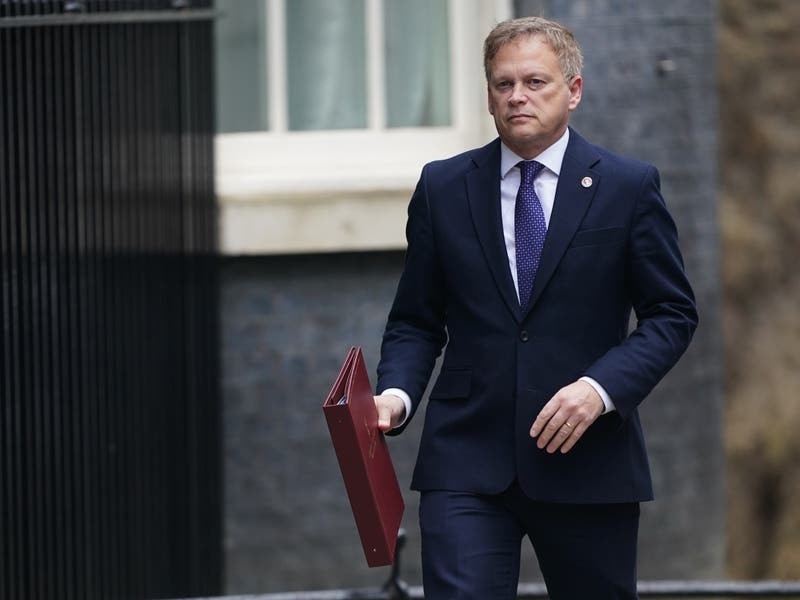Army tanker drivers are taking to the roads for the first time to deliver supplies to beleaguered petrol stations hit by the fuel crisis.
Around 200 military personnel – half of them drivers – are being deployed in Operation Escalin, despite ministers insisting the situation at the pumps is easing.
The troops – who have been on standby since the start of last week – will initially be concentrated in London and the South East, where the worst shortages remain.
They include members of 3rd Logistic Support Regiment who have been training with the petroleum industry logistics company Hoyers in Thurrock in Essex.
The Government has however being deploying its reserve tanker fleet – driven by civilian drivers – since last week in an effort to bolster supplies.
A Government spokesman said: “We are working closely with industry to help increase fuel stocks and there are signs of improvement in average forecourt stocks across the UK with demand continuing to stabilise.
“Stocks in London and the South of England have been recovering at slightly slower rates than other parts of the UK, so we have begun deploying military personnel to boost supply in these areas.

Operation Escalin was originally drawn up in preparation for possible fuel shortages following Britain’s final withdrawal from the EU single market at the start of the year.
The Petrol Retailers Association (PRA) – representing independent retailers – has welcomed the deployment of the military, although it has suggested it will only have limited impact.
PRA chairman Brian Madderson said while the crisis was “virtually over” in Scotland, the North and the Midlands, more than one-in-five filling stations in London and the South East were out of fuel.
Boris Johnson, attending the opening day of the Tory Party conference in Manchester on Sunday, expressed confidence the crisis was “abating” and said the military were being deployed as a “precaution”.
As well as an estimated shortfall of 100,000 HGV drivers, businesses from meat producers to retail, have warned of empty shelves if the shortages are not addressed.
Mr Johnson acknowledged the country was going through a “period of adjustment” following Brexit, which has cut off the supply of labour from the EU.
He insisted that he was not prepared to resolve the situation by pulling “the big lever marked uncontrolled immigration” to let in more foreign workers.
He said firms should ensure their employees were “decently paid” if they wanted to get more staff.






